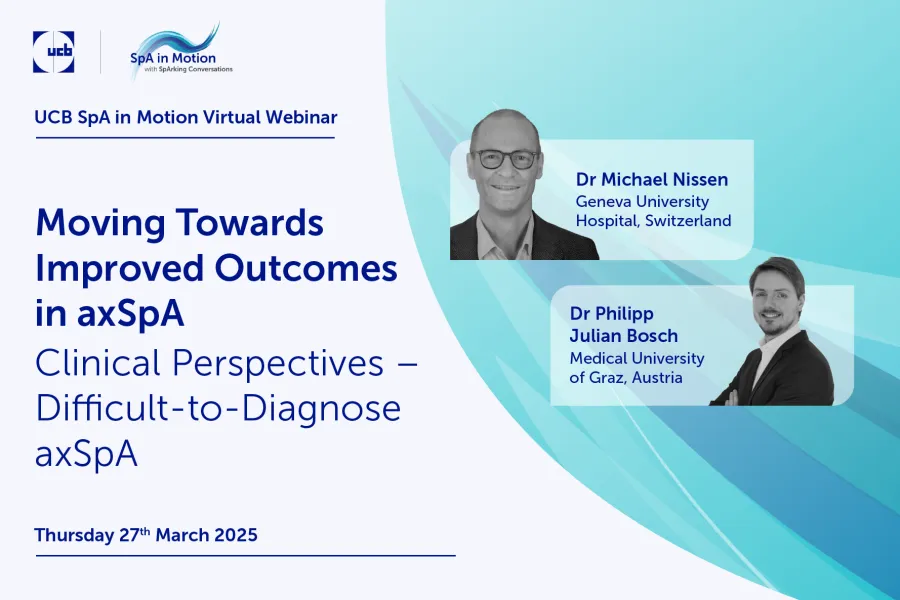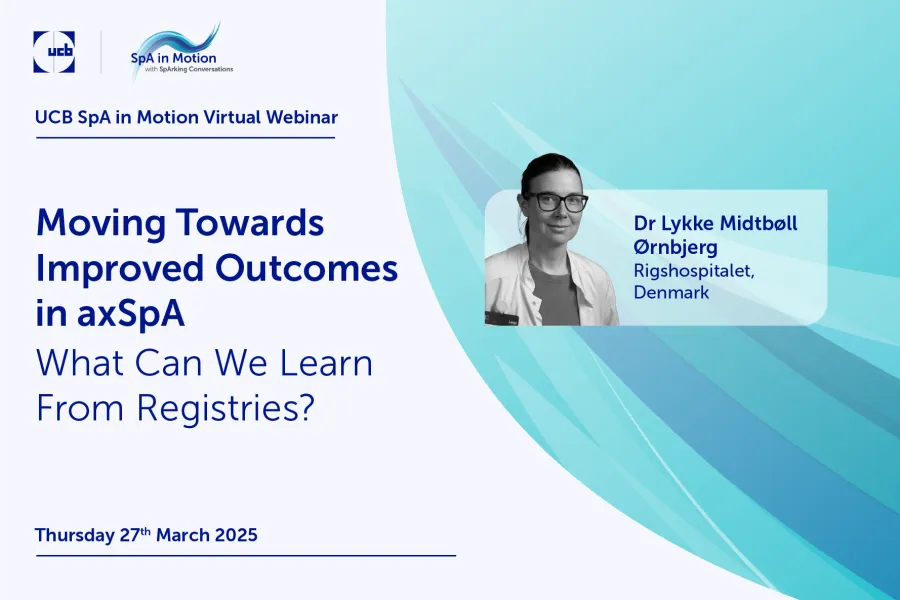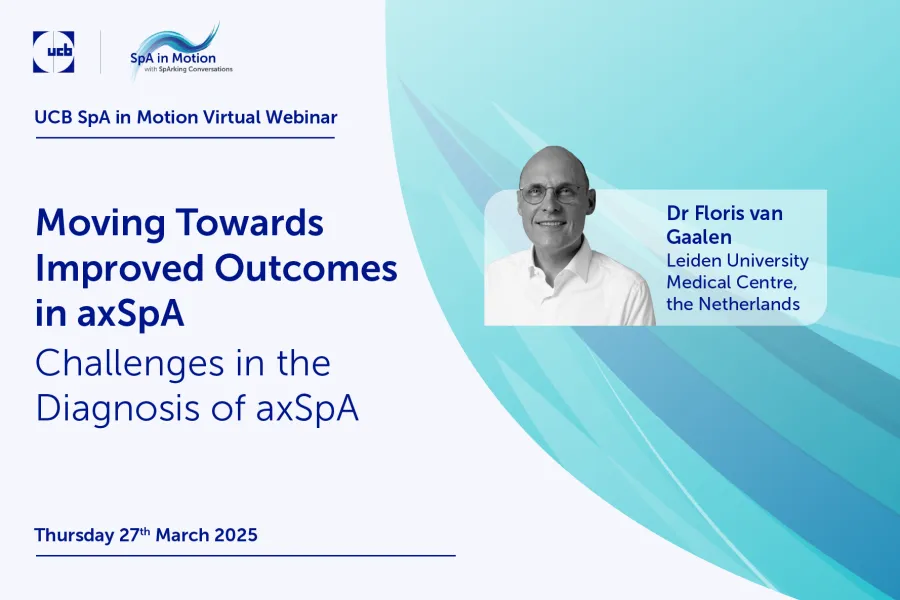
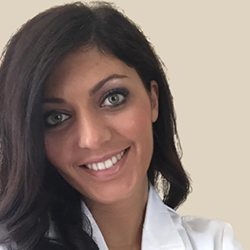
Dr Annunziata (Nancy) Dattola
Dr Annunziata (Nancy) Dattola is Researcher at the Department of Dermatology, University of La Sapienza in Rome, Italy.
Her main field of interest is the diagnosis and treatment of inflammatory skin diseases. In 2013, Dr Dattola completed a 2-year fellowship at the Laboratory for Investigative Dermatology at the Rockefeller University, New York, NY. During her fellowship, she focused on psoriasis, metabolic syndrome and imaging such as positron emission tomography (PET)/computerised tomography (CT), sono-elastography, and CT angiography, in the diagnosis of patients with psoriasis. In January 2021, she completed her PhD in Biochemistry and Molecular Biology with a thesis entitled: “Results of two different biological treatments in patients with PsO and PsA, and detection of early arthritis”.
Dr Dattola’s current research includes projects on biological agents for the treatment of psoriasis, laser and cosmetology. She is also involved in numerous phase III clinical trials and is author of many papers on these topics. She completed 3 years of research at the University of Rome Tor Vergata from 2018 to 2021.
Dr Dattola is a member of the “Italian task force” for women with psoriasis, member of the Italian Society of Dermatology and Venereology (SIDeMaST), member of the European Academy of Dermatology and Venereology (EADV) and member of the local organising committee for the World Congress of Dermatology 2019 Milan, Italy.
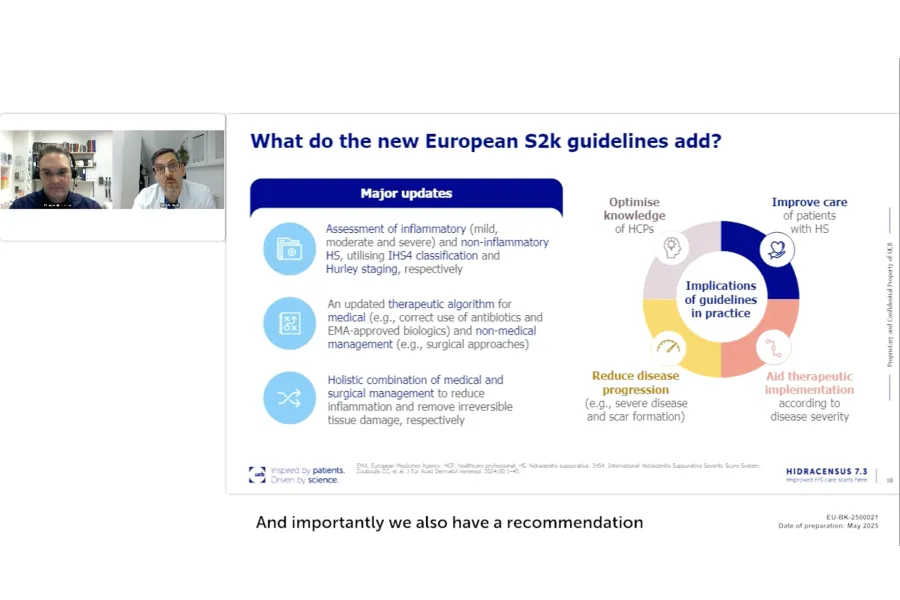
Navigating the new European S2k guidelines for hidradenitis suppurativa: How will they change your clinical practice?
Unlock the European S2k HS guidelines. Prof. Tzellos and Prof. Bechara share expert insights and implications of the updated guidelines
Accompany Dr Ann-Sophie De Craemer as she discusses management options for a patient with axSpA exhibiting few symptoms.
Work through the challenges in diagnosing suspected axSpA in two patient cases with Dr Michael Nissen and Dr Philipp Julian Bosch.
Join Dr Lykke Midtbøll Ørnbjerg as she explores the value of registry data for informing clinical practice in axSpA.
Watch Dr Floris van Gaalen explore whether early diagnosis of axSpA is possible, drawing on findings from the SPACE cohort.1
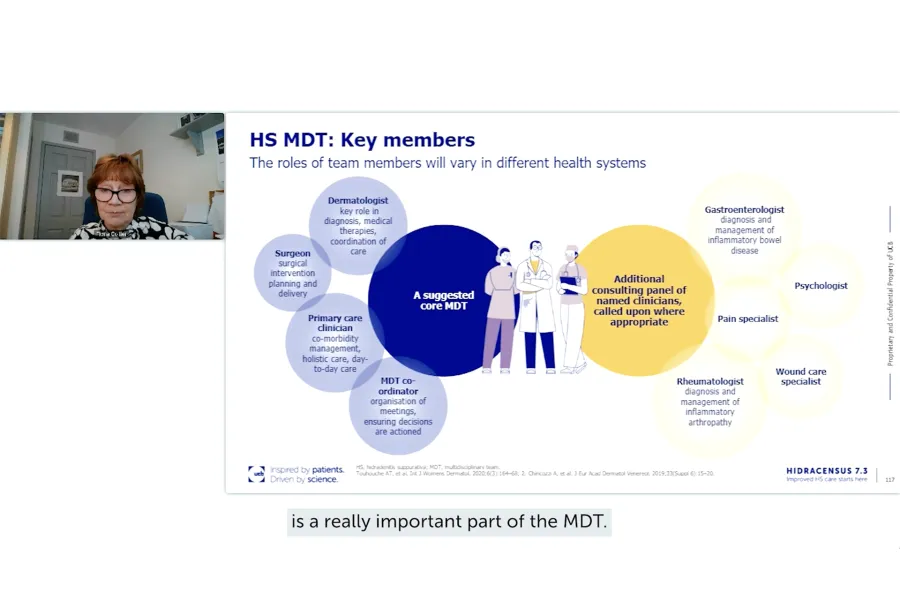
Setting up MDT care in HS: Learning from psoriasis
Establishing a multidisciplinary team to alleviate disease burden and optimise patient outcomes, using the principles of value-based healthcare

